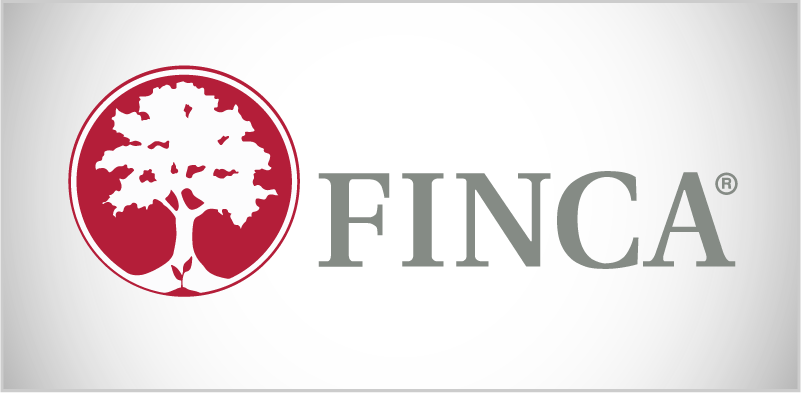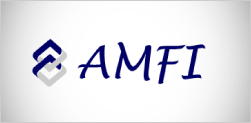Banks today are under constant pressure to keep up with change. New demands arrive every day, but their core operations cannot afford disruption. The question is: how do you move forward without losing stability?
The true answer is modular architecture, unlocking the freedom to grow without limits. In our conversation with Pance Jovanov, Head of Product at Aspekt, we explored how the Aspekt Product Suite helps financial institutions modernize step by step, with the confidence that their foundation will remain strong. From building scalable infrastructure to using no-code tools that give teams more independence, he explained why flexibility is not just a technical detail but a real strategic edge. For banks, this approach is no longer a choice. It has become the way to transform and stay ahead.
Why is modular architecture so important in modern core banking systems?
Pance Jovanov:
Banks today can’t afford to be tied down by rigid systems. Picture a bank ready to launch a new service, only to get stuck in long updates and complicated fixes. While they work through the changes, markets keep shifting, regulations tighten, and customers expect faster service. Without flexibility, each step forward feels like starting from zero.
That is why modular architecture matters. It gives banks the freedom to adapt by adding the right components at the right time, shaping the system around their vision instead of the other way around. Think of it as building on a foundation that never cracks, where each new layer makes the whole structure stronger and ready for the future.
The Aspekt Product Suite follows this principle. We have designed it with a domain-driven, modular approach where each component works independently yet integrates seamlessly with the rest. This means a bank can introduce new loan products, automate lending workflows, or connect to local payment gateways, all without disrupting their core system.

With modular design, change stops being a risk and becomes a strategy for growth.
Pance Jovanov
What does modularity look like inside the Aspekt Product Suite?
Pance Jovanov:
Modularity is more than a collection of modules. It is about how those modules are designed, how they connect, and how they are managed as a whole. Think of it like an orchestra: each instrument can play on its own, but when they come together under the same rhythm, they create something far more powerful.
Inside the Aspekt Product Suite, this begins with the core building blocks: loan origination, account management, payments, AML, collections, and more. Around them sit powerful engines like the Dynamic Data Collector, Validation Engine, and Workflow Engine. These engines give banks the freedom to configure and adapt without needing code changes.
Imagine a bank rolling out a new approval process. With our core banking software, they can enable only the modules they need, add custom fields, define approval rules, and model their workflows using BPMN and DMN. The result is a system that feels tailor-made, aligned with local regulations, internal policies, and the customer journey, but built on a foundation that is proven and reliable.
That is what modularity looks like in practice: technology that bends to fit the bank, not the other way around.

Modularity is more than a collection of modules. In the Aspekt Product Suite, each part is designed to work independently yet connect seamlessly. The result is a system that adapts to a bank’s regulations, policies, and customer journey, while staying proven and reliable.
How does this approach support long-term growth for banks?
Pance Jovanov:
We’ve seen many banks start small, with a single module like lending or AML, and expand over time. Our modular setup means they can grow without data silos or integration headaches.
From a technical perspective, our platform supports horizontal scaling, load balancing, and stateless APIs, ensuring performance even as transaction volumes grow. We also offer a fully functional offline tablet app for field operations, which syncs back to the core system, ideal for financial institutions with rural outreach or mobile teams.
Can you explain how modularity connects to compliance and integration needs?
Pance Jovanov:
Definitely. Modular systems allow banks to react quickly to regulatory changes by updating only the affected processes or modules, without triggering a full system update. For example, changes in credit scoring rules or reporting formats can be handled through our rule’s engine and reporting layer.
On the integration side, we’ve built secure, flexible APIs that support custom third-party integrations, from credit bureaus to government services. Banks can plug into national platforms or fintech ecosystems without altering their core.
What’s one misconception about modular banking systems?
Pance Jovanov:
Some think modularity means more complexity or fragmented systems. But when done right, like in Aspekt’s case, it’s the opposite. Our architecture ensures module integrity, shared data models, centralized user management, and unified dashboards. So even if modules are independent, the user experience remains seamless.
Modularity doesn’t create complexity. When it is done right, it simplifies. With shared data models, centralized user management, and unified dashboards, the Aspekt Product Suite delivers a seamless experience even when modules operate independently.
Finally, how would you summarize Aspekt’s philosophy on modern banking software?
Pance Jovanov:
We believe in giving financial institutions control, flexibility, and future-readiness. With the Aspekt Product Suite, banks can modernize at their own pace, without disrupting operations. It’s about more than technology. It’s about enabling institutions to serve customers better, stay compliant, and grow with confidence.
Aspekt’s modular approach puts banks in control, of their operations, their growth, and their future. Whether launching new products, adapting to regulation, or modernizing legacy systems, the Aspekt Product Suite empowers institutions to evolve without disruption.
As Pance Jovanov says,

Modernization shouldn’t mean disruption. It should mean opportunity.
Explore how the Aspekt Product Suite can support your institution’s transformation, book a meeting at sales@aspekt.mk.













